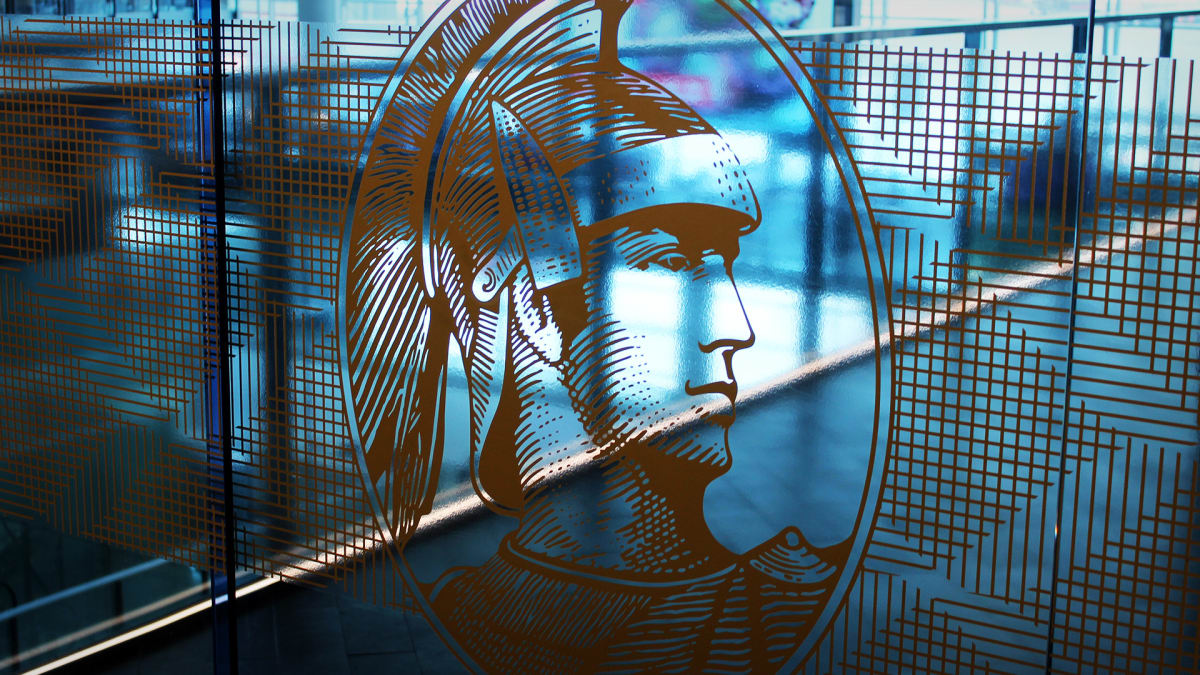
With the S&P 500 having dropped 21% so far this year, now might be a good time to consider buying some stocks.
Morningstar has a list of the “best stocks to own” in various industries. We’re focusing this story on the financial services sector.
So how does Morningstar define “best stocks”?
They include companies with wide moats, which means a strong and sustainable edge over their competitors. “We’re confident that they will produce returns that outweigh their costs for the next 20 years or more,” Morningstar says.
“The strength of their competitive advantages is also either steady or increasing, which adds to our confidence in their long-term growth.”
Environmental/social/governance (ESG) factors also play a role. “The best companies have business models that allow them to effectively navigate evolving ESG issues that could materially impact their business,” Morningstar said.
Other metrics are involved too. “The companies that make our list have predictable cash flows, so our analysts can more accurately estimate how much the businesses are worth,” Morningstar said. “These companies also make smart decisions about how they manage and invest their money.”
Morningstar doesn’t recommend that you buy all these stocks now. About half the ones that made its overall list recently traded above the firm’s fair value estimates.
Still, 17 of the 18 stocks chosen in financial services recently traded below Morningstar’s fair value estimates. Here are 10 of those companies, chosen randomly and in alphabetical order.
American Express (AXP), the credit card company
Berkshire Hathaway (BRK.B), the Warren Buffett-led conglomerate
BlackRock (BLK), the world’s biggest money manager
CME Group (CME), the financial exchange
JPMorgan Chase (JPM), the bank
Moody’s (MCO), the debt-rating service
S&P Global (SPGI), a financial information service
Tradeweb Markets (TW), a securities trading platform
Visa (V), the payments company
Wells Fargo (WFC), the bank.
AmEx is Gaining Momentum
American Express: Morningstar analyst Michael Miller puts fair value for the stock at $166. It recently traded at $143.
“American Express [has] enjoyed strong tailwinds in 2022, as the company’s payment volume benefited from a recovery in travel and entertainment spending,” he wrote in a commentary.
“Meanwhile, growing momentum with younger demographics drove record new card acquisitions.”
In the big picture, “the company’s greatest strength remains its existing cardholder base of high-spending individuals and small businesses,” Miller said.
BlackRock: Morningstar analyst Greggory Warren puts fair value for the stock at $760. It recently traded at $692.
BlackRock suffered weaker investment flow and larger market and currency losses than he forecast in the third quarter. That helped lead Warren to cut his fair value estimate from $850.
But, “even so, BlackRock continues to be our top pick among the traditional U.S.-based asset managers,” he said.
Wells Fargo: Morningstar analyst Eric Compton puts fair value for the stock at $58. It recently traded at $40.
He’s not too worried about the government’s recent $1.7 billion fine on the bank for deceptive consumer practices, as a financial penalty was expected. “Overall, we view this as another step of many to put the bank’s regulatory issues behind it,” Compton said.
“Wells Fargo remains in the middle of a multi-year rebuild…. [But] we're already starting to see glimpses of the transition to offense from defense.”
The author of this story owns shares of Berkshire Hathaway, BlackRock and JPMorgan Chase.







